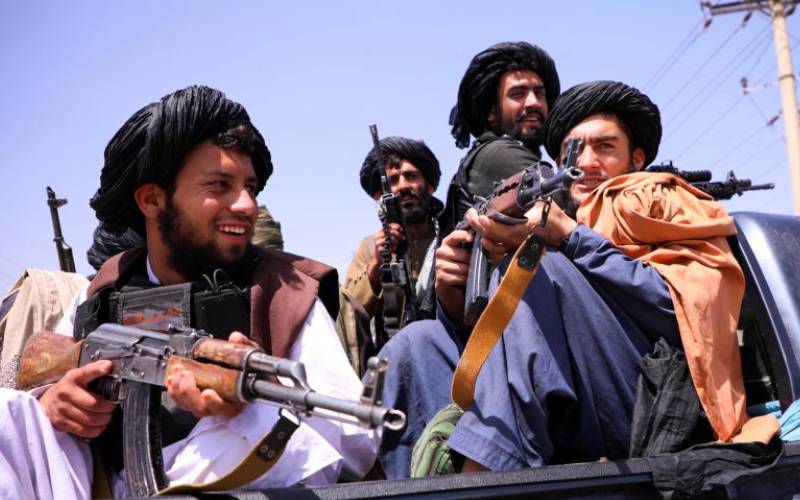×
The Standard e-Paper
Smart Minds Choose Us

Taliban forces patrol in front of Hamid Karzai International Airport in Kabul, Afghanistan, September 2, 2021. [Reuters]
Consider this before settling for direct procurement on tenders America’s mission in Afghanistan was doomed from outset